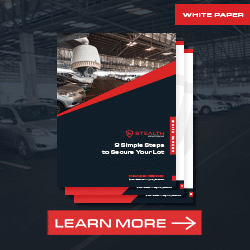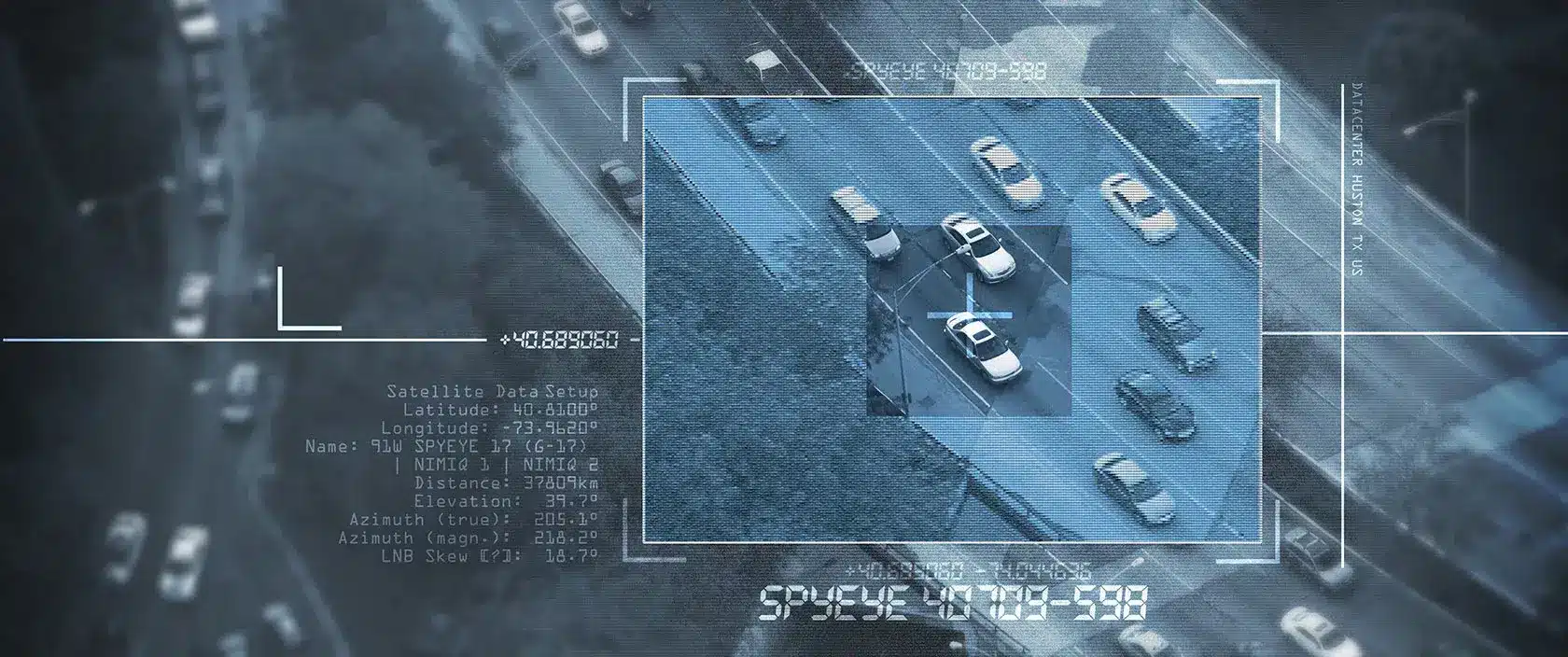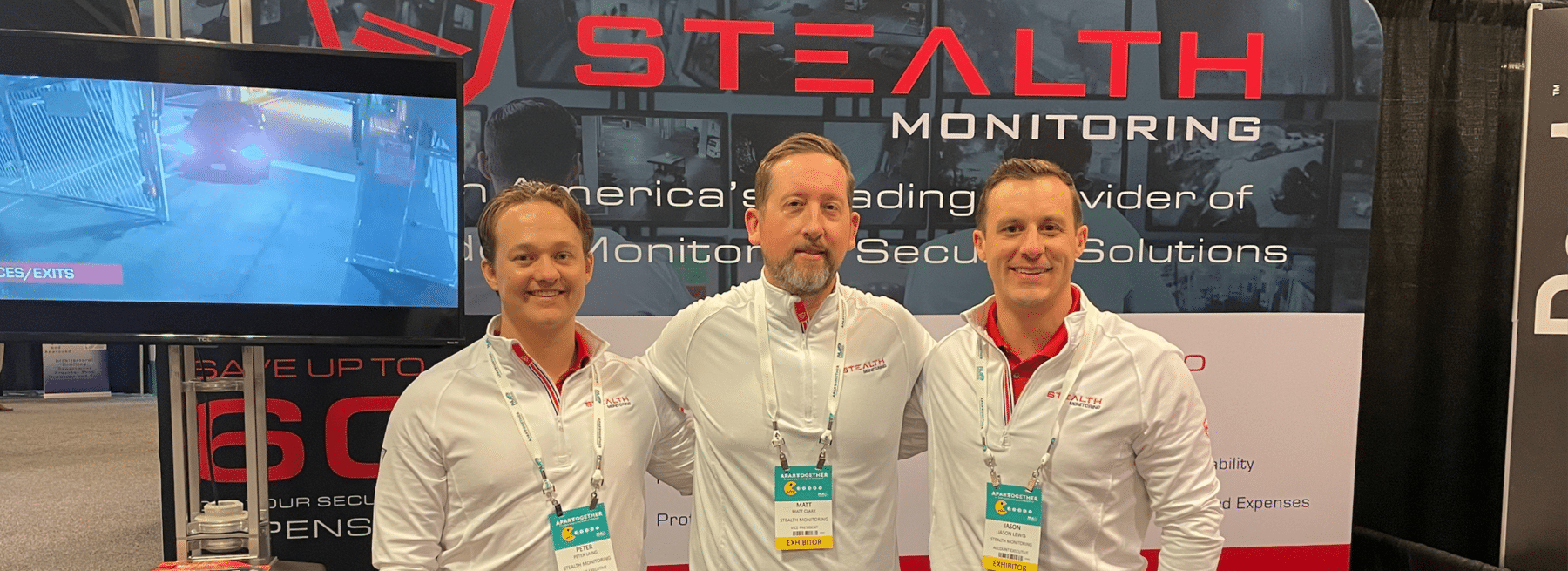No industry is untouched by artificial intelligence. This includes the automotive industry and car dealerships. The rise of artificial intelligence has many businesses scrambling to apply it, improve efficiency, and find ways to innovate and stay relevant.
The infusion of AI into dealerships has opened the door to unprecedented advancements, revolutionizing how dealerships are run. Automotive dealerships can benefit from the integration of artificial intelligence into their operations. Everything from streamlining sales processes to enhancing customer experiences, AI for dealerships offers many opportunities for dealerships to thrive in an increasingly competitive market.
As with any new technology, many have concerns about its negative impacts causing businesses to be cautious about AI for dealerships and the automotive industry. Here are the most common myths about artificial intelligence for the automotive industry and dealerships.
Myth: Artificial Intelligence Will Replace Employees’ Jobs
The most common concern and assumption when it comes to AI is displacing humans from their jobs. Nothing could be further from the truth. In fact, artificial intelligence will help people focus on what they do best and less on the tedious aspects of their jobs. One of the biggest benefits is that AI can automate repetitive tasks that no one wants to do.
AI for dealerships example
A better way of looking at artificial intelligence is as a complement to everyday work. A good example is intelligent activity recognition in video surveillance and remote monitoring.
Conventional security camera systems simply capture visual data. This outdated and reactive approach to video surveillance does not prevent crimes. However, if you inject artificial intelligence into video surveillance, then you change the game.
Artificial intelligence works with trained human monitoring operators. Watching all the monitors for hours and hours is tedious and repetitive. Think about it. Most of the time, nothing is happening on the cameras.
It’s not entertaining like streaming shows and movies. Artificial intelligence can autonomously detect and analyze trends and patterns of behavior to quickly identify irregularities or potential threats at a monitored dealership. This proactive approach increases the system’s chances of preventing security gaps and responding promptly to developing situations.
Passive video recording no longer works. Integrating artificial intelligence into surveillance systems allows them to capture visual information and the ability to analyze and respond to human behavior in real-time.
Sophisticated algorithms in video analytics go far beyond the limitations of older surveillance systems, where human operators take on the meticulous and impractical job of dissecting hours of footage. That job now belongs to AI like video analytics, which acts as the vigilant digital guardian. It does not get tired while scanning piles of data to spot anomalies and potential threats.
Another boost from artificial intelligence is that it can adapt to a variety of scenarios. Thanks to machine learning algorithms, the system continuously evolves, learning from past data and adjusting its models to identify new patterns and emerging threats. Humans work in conjunction with AI by providing feedback on its results to help it become more accurate.
Between contextual information and cross-referencing with other data sources, the system enhances its accuracy in distinguishing between real security problems and innocent activities. In other words, AI helps the system reduce the number of false positives. It reduces the risk of unnecessary alarms while optimizing the efficiency of human operators who focus on responding to real threats.
Recognizing and analyzing activity powered by video analytics is a foundation in the evolution of video surveillance as part of automotive dealership security. As this technology continues advancing, the joining of video analytics and human operators offers an indication of the transformative potential of artificial intelligence in the future of dealership security and surveillance.
Creation of new jobs
It’s likely that AI will create more jobs for humans. Dealerships may add positions for analysts and developers with a background in artificial intelligence. Analysts can customize reporting and convert data into AI-driven insights to help leaders make decisions.
Developers can fine-tune the AI algorithms. Dealerships that open their minds to the possibilities of artificial intelligence could gain a competitive advantage over those who don’t.
Myth: Artificial Intelligence Will Harm the Customer Experience
At the forefront of AI’s impact is the ability to personalize and enhance the dealership customer experience with unprecedented depth. Using machine learning algorithms, dealerships can analyze many complex layers of customer data to scope preferences and behaviors. This knowledge empowers dealerships to tailor marketing strategies and product recommendations that cultivate stronger customer connections and drive higher conversion rates.
AI-powered chatbots are one example of this. These virtual assistants engage with customers, providing instant support and information on inventory, pricing, and financing options. In other words, the dealership automates common questions. With AI taking on the monotonous component of chat, dealership staff can focus on enriching their customer interactions. Together, they increase overall efficiency and service quality.
What about the post-sales experience? AI can foster long-term customer loyalty. Predictive maintenance algorithms review vehicle data to anticipate maintenance needs. As soon as the system identifies a maintenance need, it can either notify dealership employees or automatically send a message to customers reminding them to schedule appointments.
AI supports sales and leadership management by providing insights into specific shoppers to help the sales team allocate resources effectively and prioritize leads. These intricate actions can increase customer satisfaction, build customer trust and transparency, and cultivate long-term relationships with dealership customers.
The technology can automate and optimize advertising campaigns, design lead nurture and follow-up email campaigns, and personalize the customer experience throughout their customer journey.
Myth: Artificial Intelligence Can’t Help with Decision-Making and Pricing
One problem dealership leaders have today is they have access to too much data information. It can be overwhelming and challenging to figure out what story the data tells. Artificial intelligence contains predictive analytics algorithms to boost decision-making.
These algorithms employ historical sales data while analyzing market trends. The two components help AI forecast demand with impressive accuracy. Armed with this foresight, dealership leaders can optimize their inventory levels to ensure their stock aligns precisely with customer demand. This minimizes holding costs and maximizes profitability.
The automotive market is very fluid, constantly changing each day as many factors come into play. Artificial intelligence excels at flexible pricing optimization. AI looks at current competitor pricing, market demand, and inventory levels. By doing this, the AI algorithms can dynamically adjust prices to enhance revenue while remaining competitive.
It’s precisely the taking on of tedious, repetitive tasks that artificial intelligence is valuable for dealerships of all sizes including the small ones. The information that comes out of predictive analytics and the customer support handled by chatbots will allow employees to focus on value-added tasks that AI can’t do.
Adopting AI for Dealerships
There is an initial cost associated with implementing new technology. The key is to view it as a long-term investment. Once you get past the initial cost, the payoff can be big. It’s wise to work with a consultant who has experience in AI for dealerships.
It’s important to consider the people equation of technology adoption. The consultant can only manage the process and technology. It can’t make people understand it and know what to do. This is where training comes in. Employees need to be trained in how to work with technology and how to read the dashboard and reports.
AI technology needs maintenance. The consultant can explain how to ensure the technology continues to function and how to fix potential problems. Data quality can go downhill over time, especially with changing market conditions and customer trends. Therefore, maintenance is crucial to making sure AI delivers valuable insights.
Another benefit of artificial intelligence solutions is they are flexible and can be scaled to match the dealership’s evolving requirements and strategies. That said, dealership executives must stay current on artificial intelligence for dealerships.
Dealerships investing in the right AI-powered solutions have the potential to level up their customer service, lead generation, and operations. In this tight and competitive market, embracing AI is imperative for dealerships seeking to survive and thrive.
What About Dealership Security Technology?
Technology can be incredibly impactful when it comes to security. Use tools like video surveillance with video analytics and monitoring to keep a watchful eye on your dealership. They can deter potential threats and catch any incidents in action.
Where do you begin with dealership security technology like remote video surveillance? Start by developing a solid security plan tailored to your dealership’s unique needs. Make sure you’ve got the right security measures in place and that they’re properly installed and maintained.
Just like no new technology should be implemented without staff training, the same applies to security training. The purpose is to ensure your team understands the importance of security and knows how to spot potential risks. Emphasize situational awareness so everyone can stay alert and avoid complacency.
Don’t let your security measures gather dust. Regularly review and update your procedures to keep them effective and aligned with current risks.
When it comes to choosing security vendors, experience matters. Look for a provider with a proven track record in designing security systems for dealerships. For example, one of Stealth’s customers saw immediate benefits from their video surveillance system, saving them thousands of dollars in damage claims.
For more insights on dealership security, check out our guide to auto dealership theft trends. And if you’ve got questions, please contact us. When you work with Stealth, your dealership’s safety and security are a top priority.
Texas Private Security License Number: B14187
California Alarm Operator License Number: ACO7876
Florida Alarm System Contractor I License Number: EF20001598
Tennessee Alarm Contracting Company License Number: 2294
Virginia Private Security Services Business License Number: 11-19499
Alabama Electronic Security License # 002116
Canada TSBC License: LEL0200704




